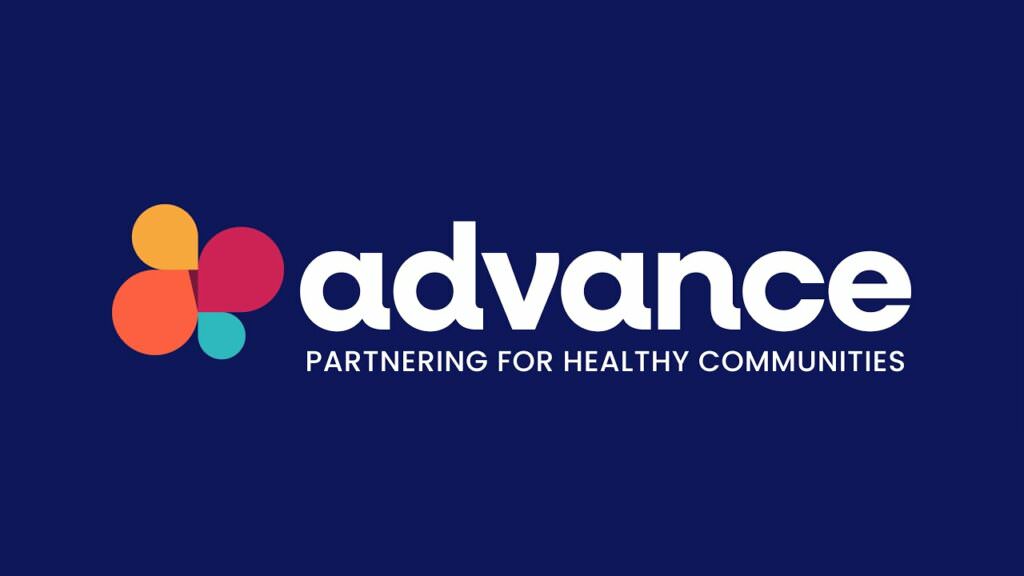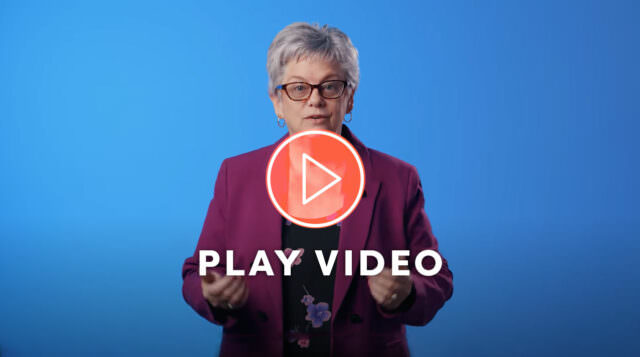Reflections on the Taste of Advance
Making a Difference One Bite at a Time The Taste of Advance event was an extraordinary culinary experience that took us on a global journey through our taste buds. From the refreshing…




Making a Difference One Bite at a Time The Taste of Advance event was an extraordinary culinary experience that took us on a global journey through our taste buds. From the refreshing…

Today is the Day! It just takes one minute to make a difference, and we only ask for 60 seconds of your time to support Advance's Nutrition Box and Stove to Table Programs. Food insecurity…
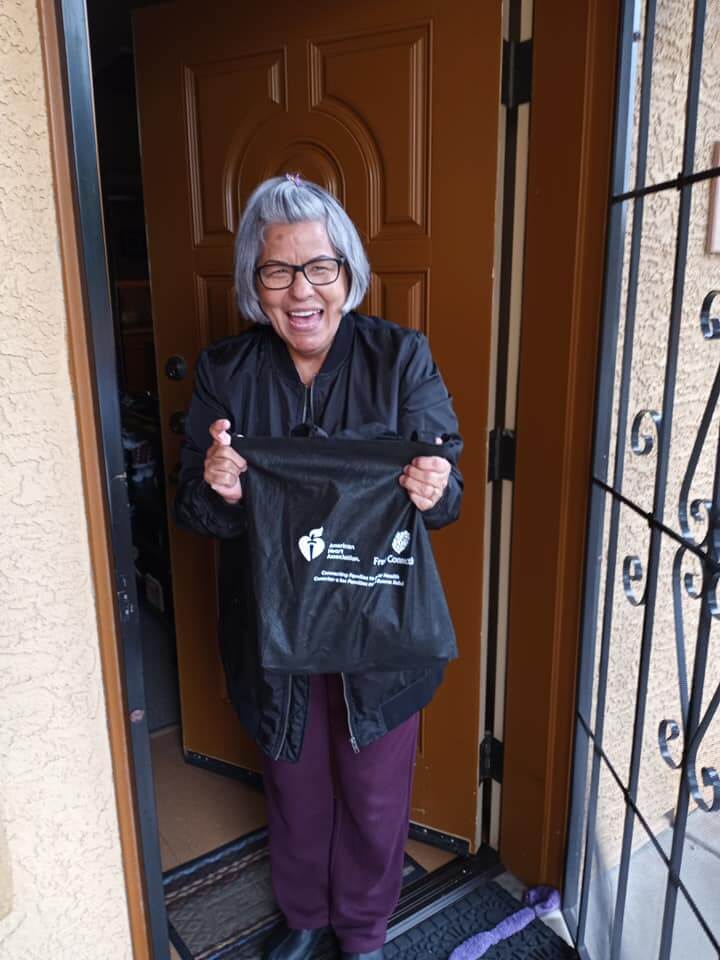
A classic phrase repeated with love by Spanish speakers everywhere is “Barriga llena, corazon contento,” literally translating as full stomach, happy heart. This adage celebrates food and the feeling of contentment from…

by Jeri Royce, President & CEO of Advance What Unites Us? At a time when the world feels divided – it gives me hope to know that there is one thingthat you…
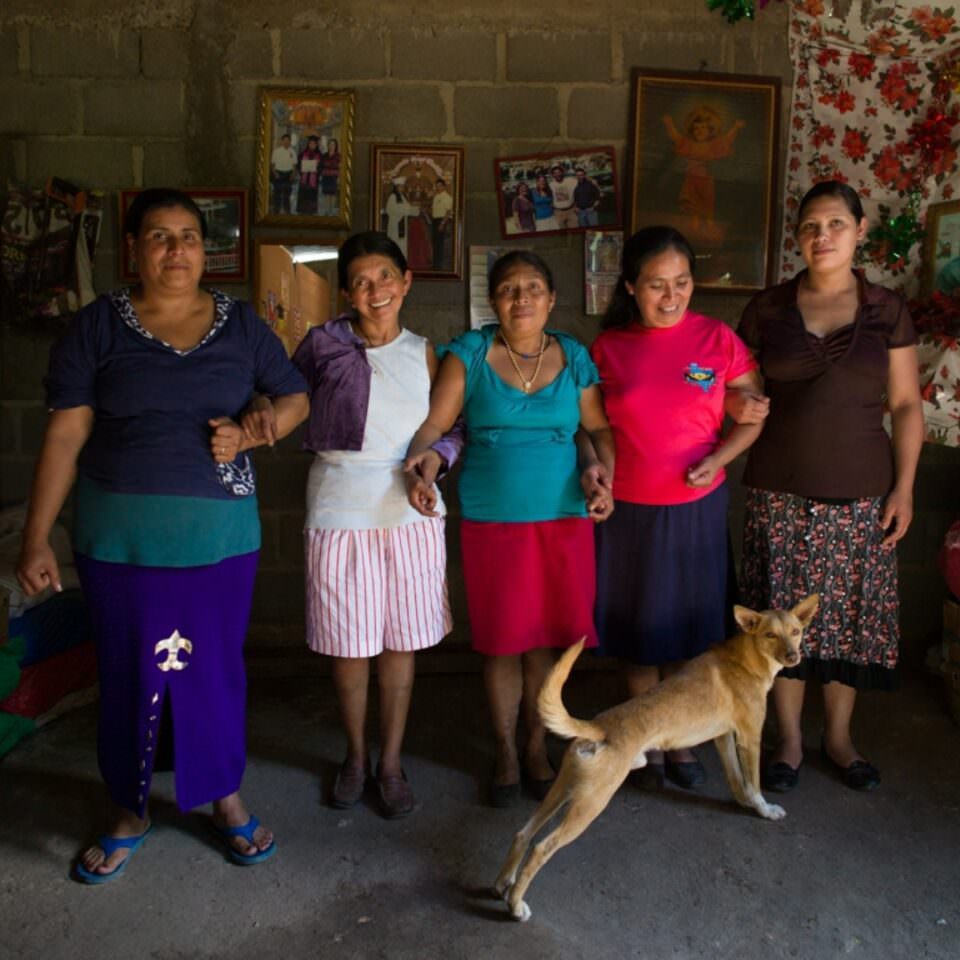

Partnering for healthy communities
ADVANCE COMMUNITIES
Read the latest stories of how people and families have found hope, health, and fulfillment in the communities we serve.
View All Stories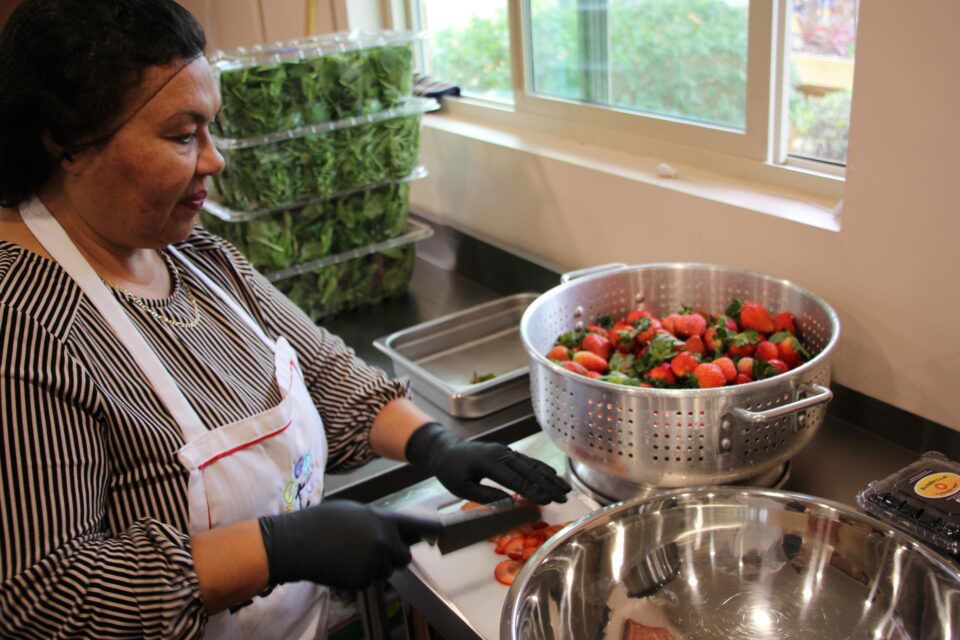
The Fridge “If you keep good food in your fridge, you will eat good food.” – Errick McAdams, Personal Trainer National Nutrition Month serves as a reminder to prioritize our health and…
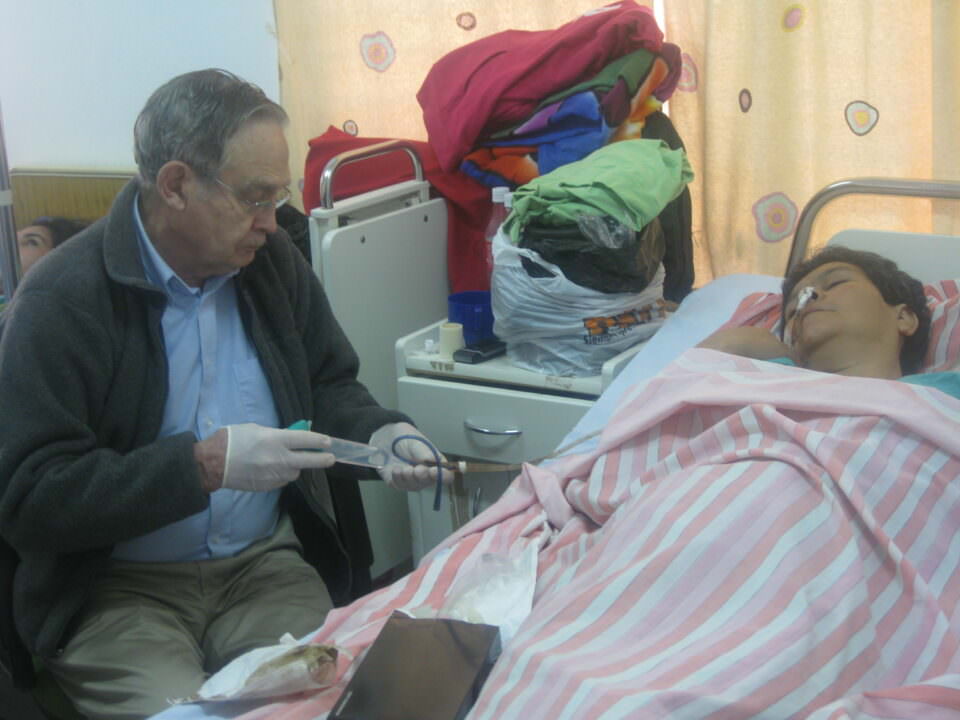
81-Year-Old Grandma Finds Hope Against All Odds Meet Mercedes, a resilient 81-year-old grandmother from the remote Nicaraguan village of La Concordia. Her brown eyes, once clouded with pain, now sparkle with life…
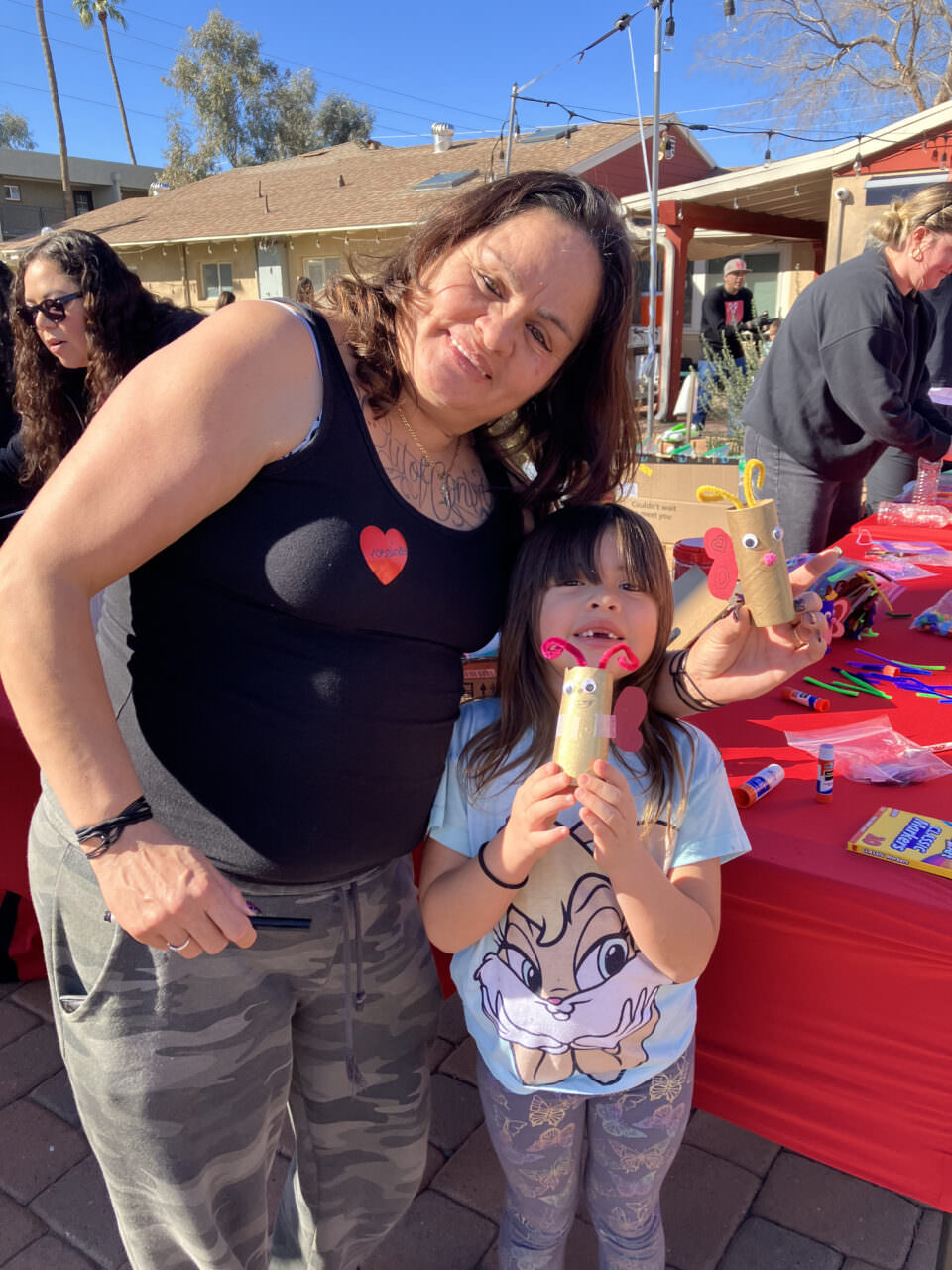
We had a great time educating and empowering families to take control of their heart health and well-being through engaging and interactive methods!
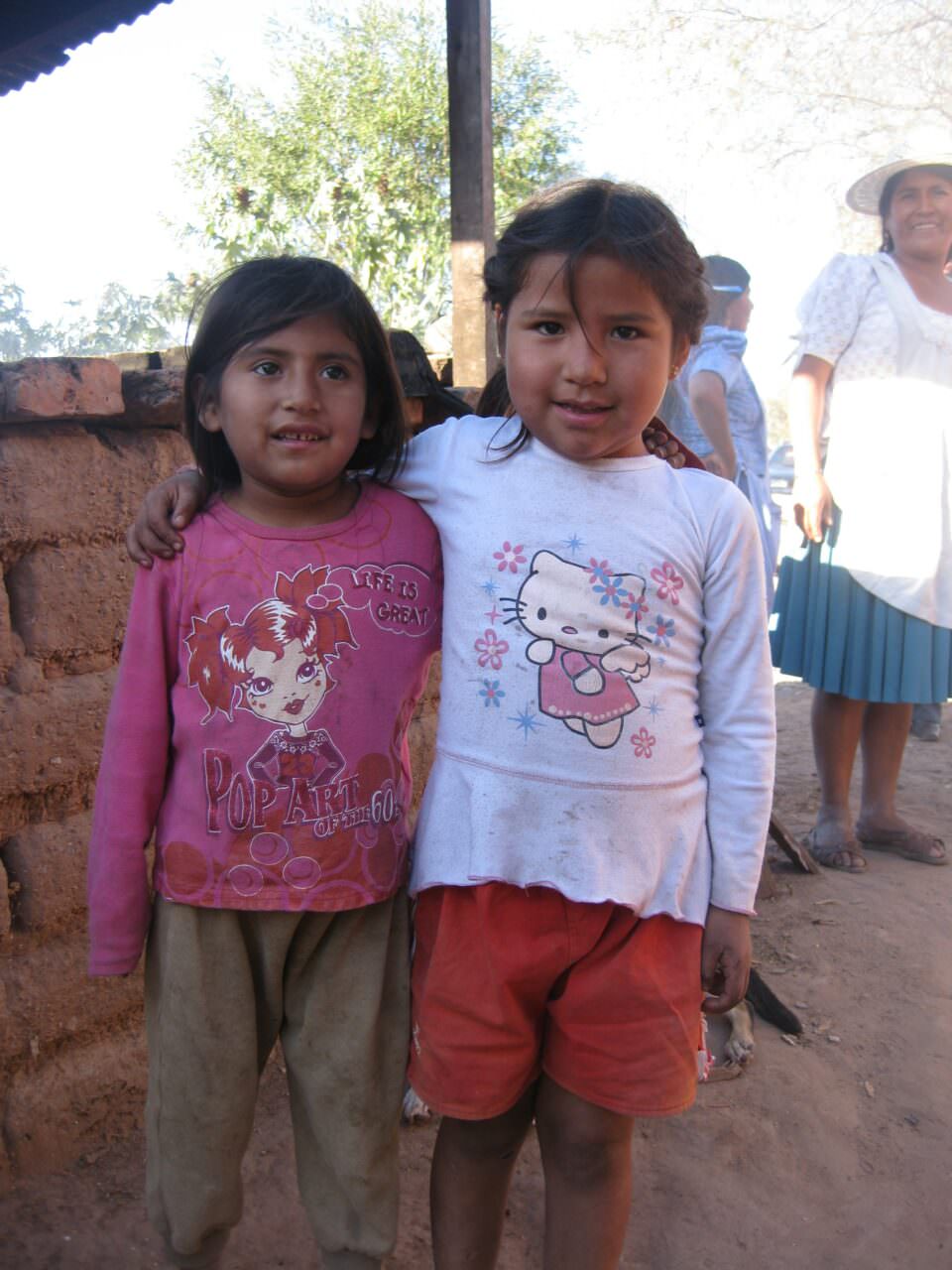
Gabriela, a young Bolivian girl, knows the pain of hunger all too well. Her family struggled to find enough food, and the constant stress was unbearable. Over half of Bolivia's population faces…

For over twenty years, the State of Arizona has allowed Arizona residents with a state tax liability to redirect their tax dollars to causes and services for those in need. Tax credit for…
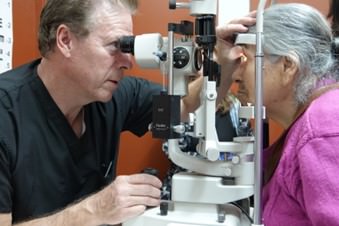
“A world that rejects the sick, that does not assist those who cannot afford care, is a cynical world with no future. Let us always remember this: health care is not a…
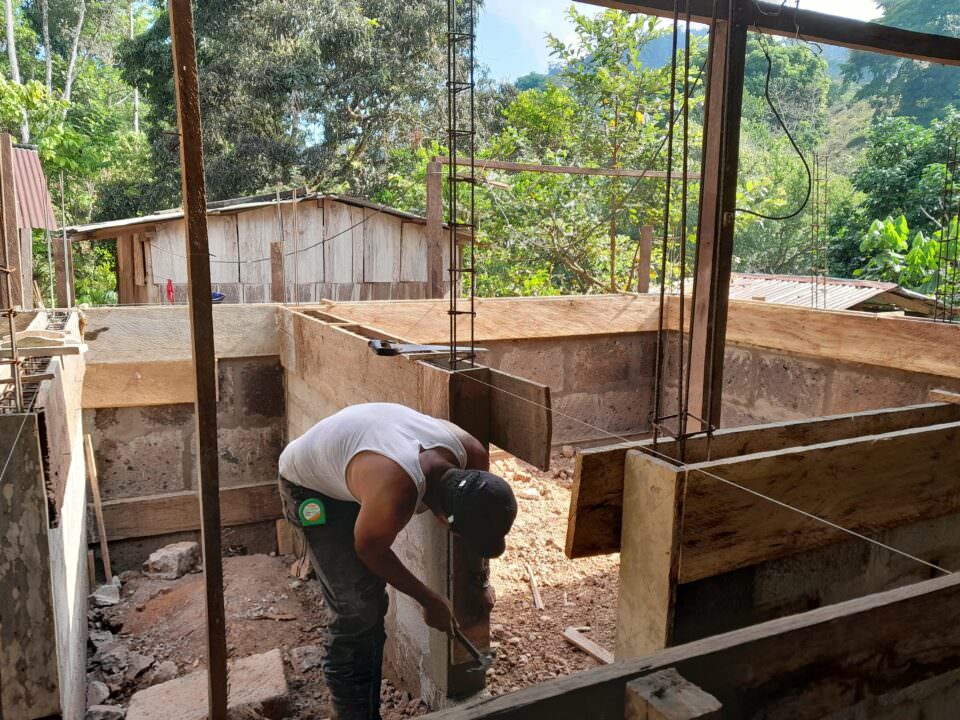
Selling her cows meant selling her future. But that was just one of the agonizing decisions Maria had to make when her husband died 18 years ago. Maria lives in a remote…
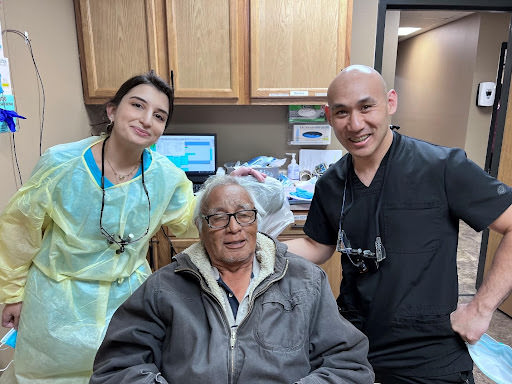
Your mouth speaks for your health. But not everyone has access to dental care. That’s true in communities worldwide and close to home in places like the Rosebud Indian Reservation in South…

What can $100 do? Beat back a deadly disease ...? Offer security after a loved one dies ...? Set up a family business, to give a struggling widow a whole new way…

Do you remember when you found your passion? Maria Alicia was 14, working at a summer job at a community center in central phoenix. One day, a mom came in pushing a…
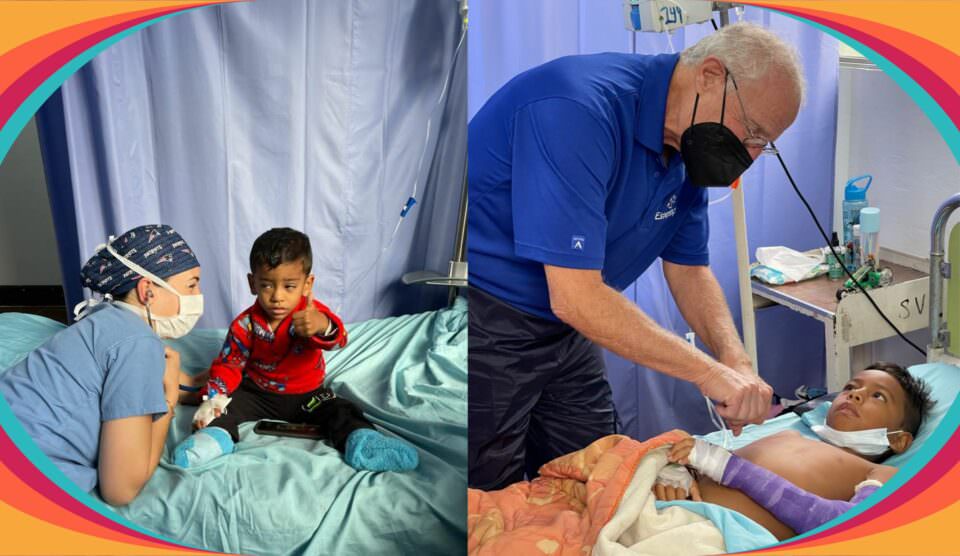
Help us send volunteer surgical teams to change lives! Sadly 1 in every 10 children worldwide live with a disability. This fact alone makes them less likely to attend school and become…

Advance's Stove to Table Senior Nutrition Program was featured in a recent segment on ABC 15 with Kaley O'Kelley. Thank you to ABC 15, Kaley, and her team for spending a morning…
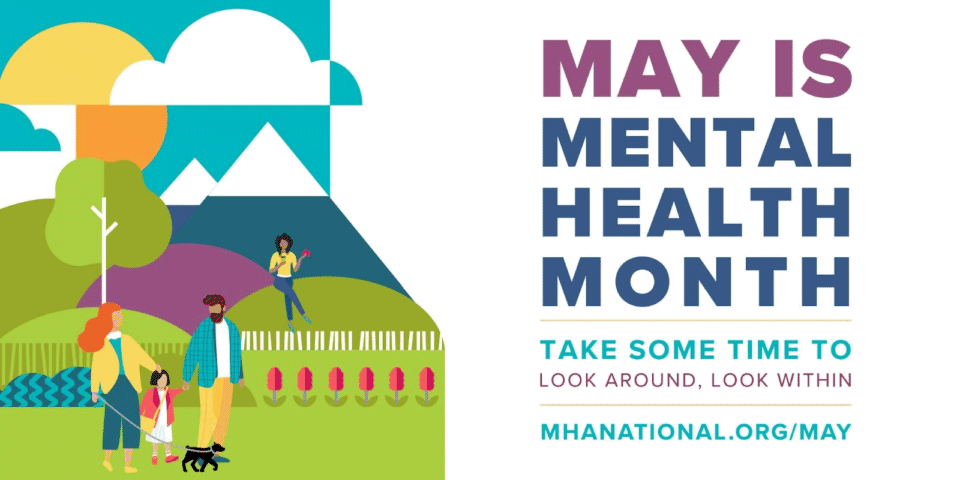
May is Mental Health Month May is Mental Health Month. Mental Health America and many others have observed May as Mental Health Month since 1949. This May, the theme is “Look around,…

Lack of clean water, sanitation, and hygiene contributes significantly to the global burden of disease. To combat unsafe water, there are two broad categories of water systems, centralized and decentralized. Centralized Centralized…

“Your diet is a bank account. Good food choices are good investments.” – Bethenny Frankel, Businesswoman Advance’s community health educators know a lot about preparing and eating healthy food. Participants in their…

According to the CDC, by age 8, 52% of children have had a cavity in their baby teeth. Equally surprisingly, on average, 34 million school hours are lost each year due to…

A Secure Future for Her Family Starts with YOU! Your home should be your castle — a place where you feel completely safe and in control ... Sadly, that isn’t yet the…
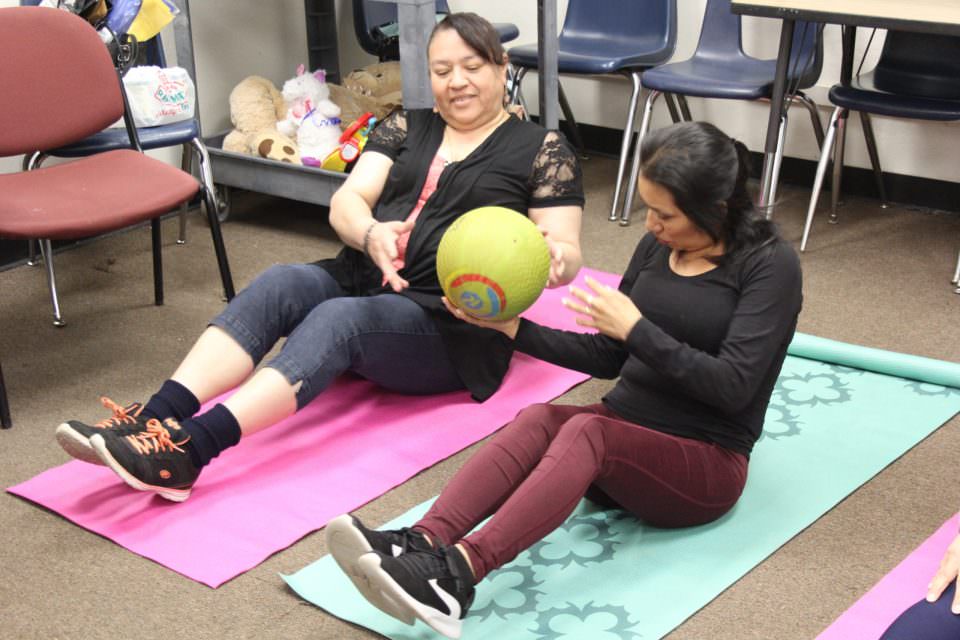
Pasos para una Vida Saludable El peso saludable varía de persona a persona y debe establecerse con el apoyo de un nutriólogo o un médico especialista en esta área. Bienvenido 2023, y…
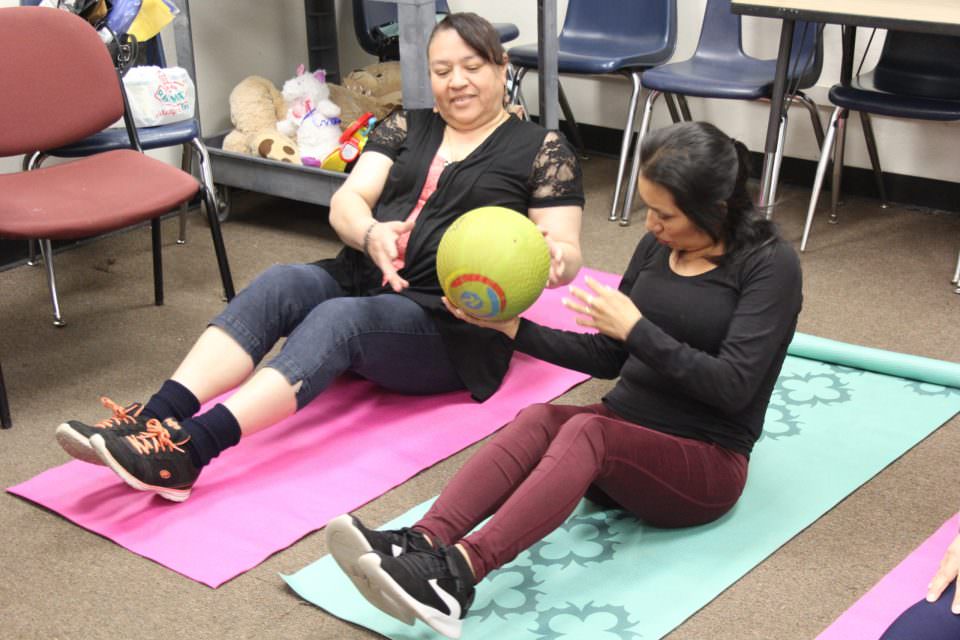
Healthy Weight Week Happy New Years! Have you set a New Year's Resolution this year? Many people do set resolutions each year and the most common ones are around health and wellness. …

Bato is a sharp and resourceful young man. At 19-years-old, he’s the main bread-winner for his siblings and ill mother in Mozambique. It’s a duty Bato takes seriously, so much so that…

Advance
We firmly believe that the internet should be available and accessible to anyone, and are committed to providing a website that is accessible to the widest possible audience, regardless of circumstance and ability.
To fulfill this, we aim to adhere as strictly as possible to the World Wide Web Consortium’s (W3C) Web Content Accessibility Guidelines 2.1 (WCAG 2.1) at the AA level. These guidelines explain how to make web content accessible to people with a wide array of disabilities. Complying with those guidelines helps us ensure that the website is accessible to all people: blind people, people with motor impairments, visual impairment, cognitive disabilities, and more.
This website utilizes various technologies that are meant to make it as accessible as possible at all times. We utilize an accessibility interface that allows persons with specific disabilities to adjust the website’s UI (user interface) and design it to their personal needs.
Additionally, the website utilizes an AI-based application that runs in the background and optimizes its accessibility level constantly. This application remediates the website’s HTML, adapts Its functionality and behavior for screen-readers used by the blind users, and for keyboard functions used by individuals with motor impairments.
If you’ve found a malfunction or have ideas for improvement, we’ll be happy to hear from you. You can reach out to the website’s operators by using the following email [email protected]
Our website implements the ARIA attributes (Accessible Rich Internet Applications) technique, alongside various different behavioral changes, to ensure blind users visiting with screen-readers are able to read, comprehend, and enjoy the website’s functions. As soon as a user with a screen-reader enters your site, they immediately receive a prompt to enter the Screen-Reader Profile so they can browse and operate your site effectively. Here’s how our website covers some of the most important screen-reader requirements, alongside console screenshots of code examples:
Screen-reader optimization: we run a background process that learns the website’s components from top to bottom, to ensure ongoing compliance even when updating the website. In this process, we provide screen-readers with meaningful data using the ARIA set of attributes. For example, we provide accurate form labels; descriptions for actionable icons (social media icons, search icons, cart icons, etc.); validation guidance for form inputs; element roles such as buttons, menus, modal dialogues (popups), and others. Additionally, the background process scans all of the website’s images and provides an accurate and meaningful image-object-recognition-based description as an ALT (alternate text) tag for images that are not described. It will also extract texts that are embedded within the image, using an OCR (optical character recognition) technology. To turn on screen-reader adjustments at any time, users need only to press the Alt+1 keyboard combination. Screen-reader users also get automatic announcements to turn the Screen-reader mode on as soon as they enter the website.
These adjustments are compatible with all popular screen readers, including JAWS and NVDA.
Keyboard navigation optimization: The background process also adjusts the website’s HTML, and adds various behaviors using JavaScript code to make the website operable by the keyboard. This includes the ability to navigate the website using the Tab and Shift+Tab keys, operate dropdowns with the arrow keys, close them with Esc, trigger buttons and links using the Enter key, navigate between radio and checkbox elements using the arrow keys, and fill them in with the Spacebar or Enter key.Additionally, keyboard users will find quick-navigation and content-skip menus, available at any time by clicking Alt+1, or as the first elements of the site while navigating with the keyboard. The background process also handles triggered popups by moving the keyboard focus towards them as soon as they appear, and not allow the focus drift outside of it.
Users can also use shortcuts such as “M” (menus), “H” (headings), “F” (forms), “B” (buttons), and “G” (graphics) to jump to specific elements.
We aim to support the widest array of browsers and assistive technologies as possible, so our users can choose the best fitting tools for them, with as few limitations as possible. Therefore, we have worked very hard to be able to support all major systems that comprise over 95% of the user market share including Google Chrome, Mozilla Firefox, Apple Safari, Opera and Microsoft Edge, JAWS and NVDA (screen readers), both for Windows and for MAC users.
Despite our very best efforts to allow anybody to adjust the website to their needs, there may still be pages or sections that are not fully accessible, are in the process of becoming accessible, or are lacking an adequate technological solution to make them accessible. Still, we are continually improving our accessibility, adding, updating and improving its options and features, and developing and adopting new technologies. All this is meant to reach the optimal level of accessibility, following technological advancements. For any assistance, please reach out to [email protected]
